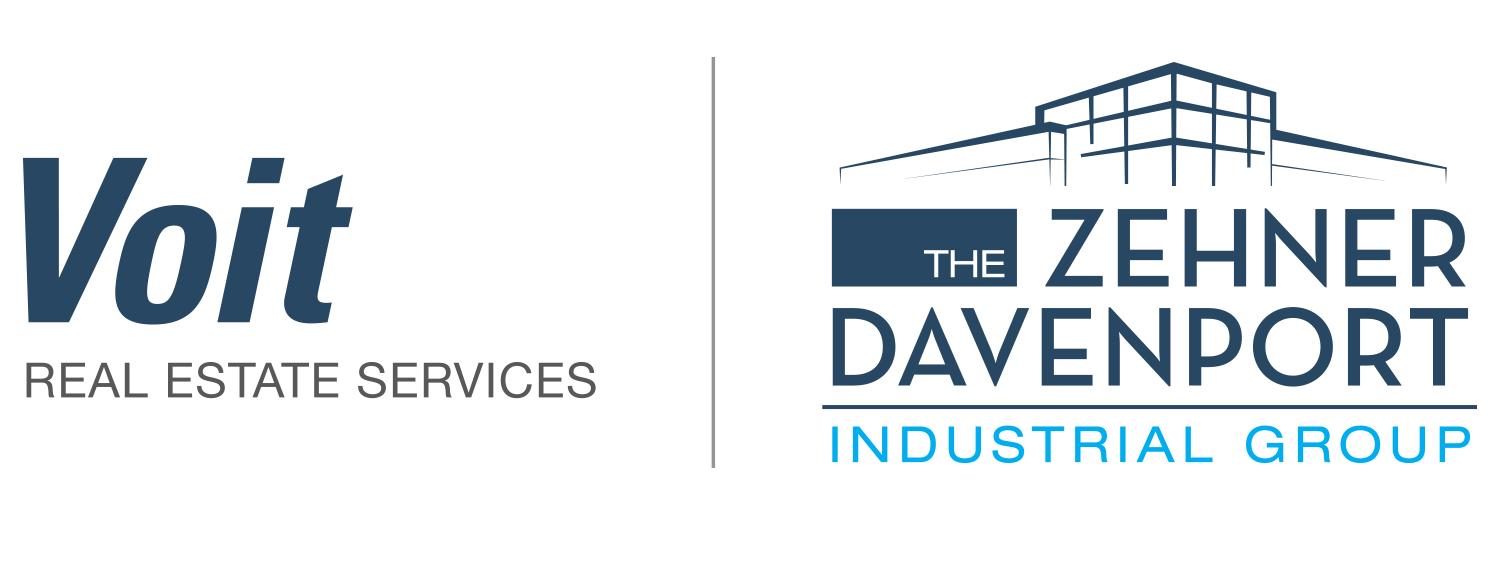After falling nearly 40% by the end of 2009, we were dubious of the prospects that industrial property values in Orange County could exceed the previous market peak.
But, after years of recovery spurred in part by a massive monetary stimulation by our central bank, here we are. Pricing levels have blown through the peak of 2007 and they are still on the rise.
Why is this so and when will it stop? Good questions.
Cheap Money and Low Mortgage Rates

The answer to both can summed up in two words: cheap money.
By holding its key lending rate near zero for over six years, the Fed has forced mortgage rates down so low that it makes more sense to pay for a mortgage than it does to write a rent check.
Now that prices have risen so high, many investors and owner/users are warming to the idea of cashing out and paying the taxes with part of their windfall.
What matters to them is what they end up with in terms of realized profit.
It’s one thing to know you have a profit to take, but it’s another thing altogether to actually take it. Your accountant might call you crazy for writing those checks to the IRS and the Franchise Tax Board, but you’ll be the one with the swollen bank account, even after doing so.
What does this mean to industrial building owners?

That depends on what you own and when you bought it, but you will like the answer no matter what your situation is. If you bought near the previous peak, you can now sell or exchange at a profit. If you have owned your property for more than 10 years, you are a big winner, plain and simple.
It’s getting to the point that it doesn’t makes sense not to sell because if you do, you are virtually guaranteed to achieve the highest price point ever, end of story.
The biggest problem with a windfall profit is deciding what to do with it. If you exchange your property to defer taxes, you will be buying the up-leg property at just as high a price. And, if you sell outright, there’s Uncle Sam and Jerry Brown to contend with.

Neither option is particularly appealing to most property owners, so the decision is generally made to do nothing at all and just hope the market keeps going up.
It may indeed keep rising, at least for now, but gravity works and the history of real estate cycles is well documented. It may be time to take your chips off the table while you still have the house’s money in your stack.
The Morbid Reality
Sadly, the only way for you to avoid the capital gains, depreciation recapture and state income taxes on the sale of your property is to die as the owner. Your heirs get the property at a stepped-up basis and, if you were still alive, you could declare victory.
 We raise this alternative because it actually is a viable strategy, widely used by long term investors across the country. However, it precludes you from enjoying the reward that would otherwise come investing successfully.
We raise this alternative because it actually is a viable strategy, widely used by long term investors across the country. However, it precludes you from enjoying the reward that would otherwise come investing successfully.
When it’s all said and done, you’ll probably give up as much of a third of your escrow proceeds to taxes. That’s enough to spike anybody’s blood pressure, but so is watching your equity decline during a correction.
Paying as little in taxes as possible is a reasonable goal, but then again, so is enjoying your life to the fullest.
It might just be time to give some thought to what you could do with the other two thirds of the profit.


Leave a Reply
You must be logged in to post a comment.